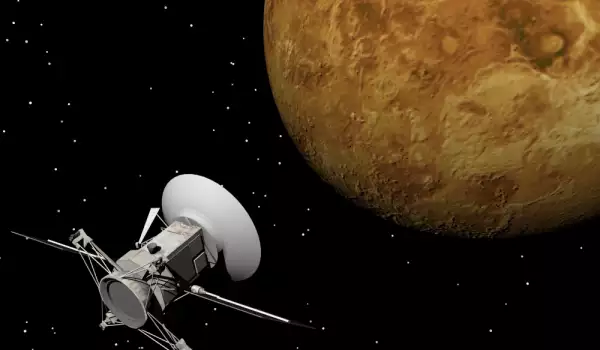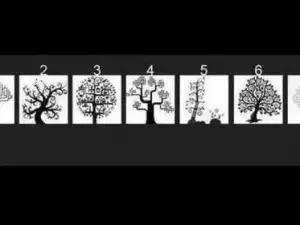European physicists intend to subject Einstein's general theory of relativity to the most meticulous test ever done to it so far.
The general theory of relativity is a widely accepted geometric theory of gravitation in modern physics. It was published by Albert Einstein in 1915. It combines Newton's laws and special relativity.
Einstein described gravity as a property that determined time. This is exactly what scientists will be attempting to prove by studying the effects of slowed time. To do this they intend to use satellites.
2 satellites of the Galileo navigation satellite system out at non-target orbits will be used by scientists for precise observations. These will help them get definitively accurate results.
According to the main assertion of the general theory of relativity, gravity has the capability to slow the passage of time. Following this logic, it's accepted that time on Earth passes slower than at points distant from it.

The satellites are equipped with atomic clocks. They have been sent out at shifting orbits; this will provide the most accurate testing of the theory. Experts intend to keep a close eye on the 2 satellites, while at the same time comparing the onboard clocks with those on Earth.
The test will yield results more accurate than any experiment done so far. The differences between the clocks will be calculated within a 0.0004% accuracy. This will happen in the year 2017 at the earliest.
So far, the effect of a slowed flow of time was measured with atomic clocks sent into space aboard the Gravity Probe A. In 1976, the probe was sent to an altitude of 6200 mi (10000 km) and remained there for a period of 2 hours.
At that time, the general theory of relativity was confirmed with 0.00007% accuracy. The difference this time around is that the satellites will orbit for about a year, allowing for longer term and much more accurate observation.
Scientists plan to send an atomic clock to the ISS in 2017, which will allow confirmation or rejection of Einstein's theory within 0.0002% accuracy.









